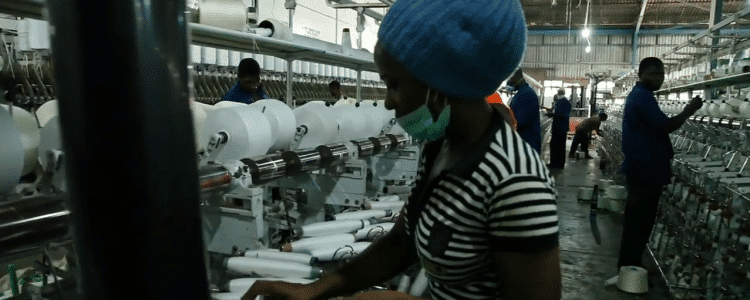
The African Policy Dialogues on wage employment in Nigeria produced a video documentary on employment creation in agriculture and agro processing in Nigeria. The video highlights on the importance of agriculture in food generation and employment creation, the importance of rice as a staple food in Nigeria and both the rice and cotton value chains are labour intensive and have potential to generate many jobs; and strategies that successive governments have employed to increase productivity in rice and cotton value chains.
The video also discusses findings of a study conducted in Nigeria which shows that;
- Rice mills have collapsed because policies tend to favour groups whose interests are inconsistent with job creation. For example smallholder farmers are excluded from negotiations with interest groups and large importers impede backward and forward integration in the rice value chains.
- Fewer textile mills left and much lower employment along cotton value chains due to policy inconsistency especially banning cotton imports to promote local production and allowing textile imports to generate revenue.
Policy recommendations
- The interests of key players especially rice importers should be captured and realigned through incentives to encourage them to become local producers.
- Supporting local rice producers to increase productivity and create jobs.
- The government to work with the private sector and other actors to address challenge sin the cotton sector including multiple taxation, high costs of production and electricity among others.
- Encourage legislator especially the senate representatives to increase budget allocation to agriculture
Follow this link to watch the entire video: documentary on rice and cotton production in Nigeria.




